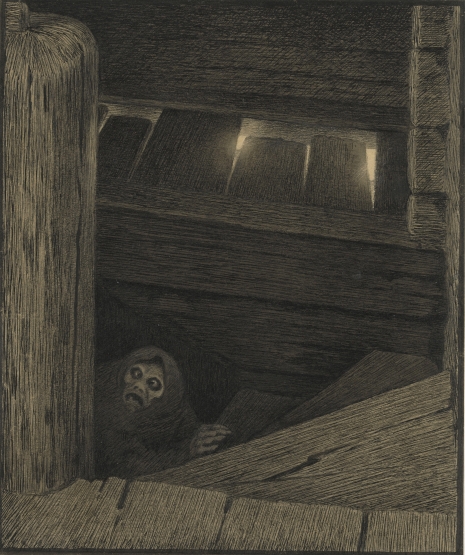
Plague in the Nordic Countries
This meeting will bring together scholars to share knowledge of plague in the Nordic countries.
Pandemics, by their definition, play out across large geographic areas, and while some last only a few years, others, like the plague, last for centuries. Researching pandemics across large geographical domains and temporal extents poses high demands on the quality of the aggregated datasets. In this meeting a select number of scholars are coming together to coordinate and exchange their knowledge of plague in the Nordic countries from the Black Death till the regional end of the Second Pandemic (17th–18th century).
Much of the current work on plague in the Nordic countries is either locked in narrative form in Scandinavian-language publications, or presented in a framework of debate. We are aiming to create a work that provides both excellent historical context, but also allows for quantitative testing of the existing hypothesis on the mechanism by which historical plague spread.
Programme
08:30-08:45: Coffee
08:45-09:00: Stenseth "Plague as a wildlife/human disease"
09:00.09:30: Schmid "Nordemics perspective and beyond"
09:30-10:00: Moseng/Norway "The complexity of the plague epidemic in Norway"
10:00-10:30: Discussion
10:30-11:00: Coffee break & discussion
11:00-11:30: Lars Bisgaard/Denmark "Danish plague patterns in the first centuries of the Second Plague Pandemic"
11:30-12:00: Discussion
12:00-13:00: Lunch
13:00-13:30: Callow/ Iceland "The mystery of plague in medieval Iceland"
13:30-14:00: Discussion
14:00-14:30: Coffee break & discussion
14:30-15:00: Ilari Aalto/Finland – "Plague in Finland: Absence of evidence or evidence of absence?"
15:00-15:30: Discussion
15:30-16:00: Coffee break & discussion
16:00-16:30: Schmid standing in for Bramanti/Sweden "A wave of plague from the Black Sea to Pestbacken"
16:30-17:00: Coffee break & discussion
17:00-17:30: Slavin/Europe "Challenges in constructing a pan-european collection of plague records"
17:30-18:00: Discussion
18:00-18:30: "Bringing-together" discussion: What next - and reporting our discussions.
18:30-19:30: Open discussion
*